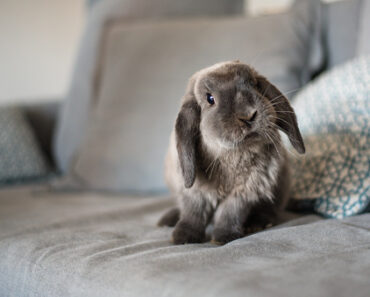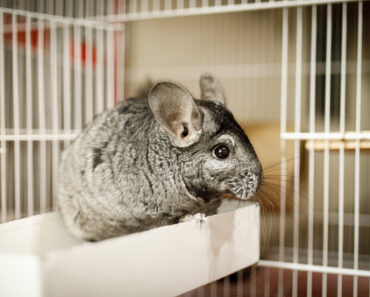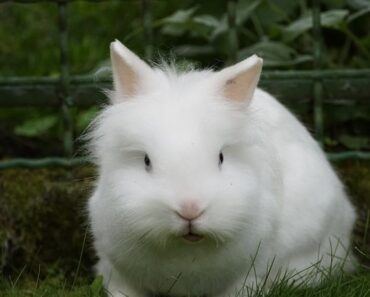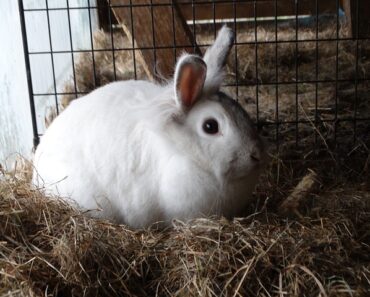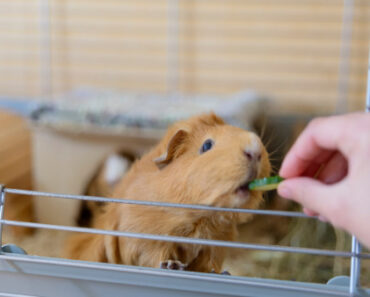It’s not always easy to know what to do, how to do it and how often. Giving your ferret regular care allows you to be more attentive to his health. It’s an opportunity to spend time with your ferret and observe it in detail. While trimming claws and brushing teeth can only be beneficial, other treatments such as bathing and ear cleaning should be done in moderation.
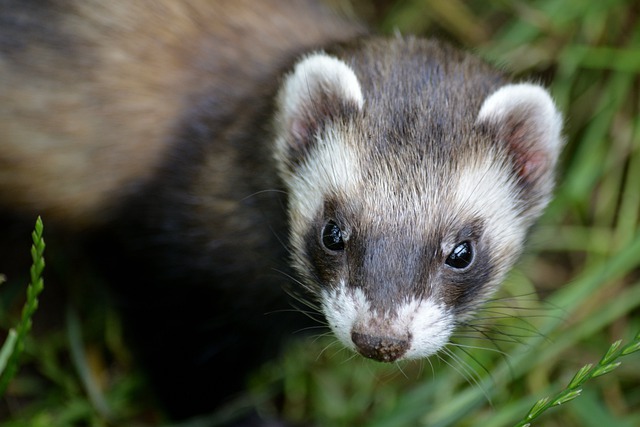
Nail trimming
In the wild, ferrets wear out their claws by digging up the ground. At home, however, the floors are often not very abrasive (parquet, tiles). It happens that the claws grow in excess, causing injuries. Sometimes they curve until they hurt the pads. If they are too long, they can get caught or even torn off. You can limit these problems by regularly trimming your ferret’s claws when they seem too long. In general, the claws on the front legs wear out more slowly than those on the back legs, so you should trim them more often.
Brushing teeth
In the wild, chewing on the bones and skin of prey allows the ferret to brush its teeth naturally. The current food of the domestic ferret does not allow the mechanical elimination of tartar that accumulates. In the long run, this can lead to the development of periodontal disease, which is characterized by gingivitis and loosening of the teeth. At an advanced stage, the periodontal disease becomes so painful that it compromises the correct chewing of food.
Once tartar is present, it can only be removed by scaling under general anesthesia. It is important to regularly check the condition of your ferret’s teeth. This can be done during an annual visit to your veterinarian.
To avoid tartar build-up, brushing your ferret’s teeth once a week is recommended. Some no-rinse toothpastes exist, specially formulated for carnivores. In order to make this manipulation less unpleasant, they have a meat taste. It’s best to get your ferret used to brushing its teeth from a young age.
Cleaning the ears
Ferrets normally produce light brown to reddish, odorless earwax. This is a natural protection for the ear. A ferret’s ears do not need to be cleaned as a preventative measure. However, they should be inspected regularly. In some cases, the amount and appearance of earwax can change, for example, with ear mange.
Earwax is caused by a parasite called Otodectes cynoti. It is caused by excessive cleaning of the ears, which deprives the ear of the protective role of earwax. A ferret with earwax produces abnormally dark earwax. On the other hand, a red and smelly ear should make you suspect an otitis. In case of doubt, contact your veterinarian who will prescribe a suitable treatment if necessary.
The ears can still be cleaned occasionally, for example for an exhibition. To do this, use a mild ear cleaning lotion for small animals. Hold your ferret by the neck and pour the product into each ear. Be careful not to get it in the eyes. Then gently massage the base of the ear and carefully wipe off the excess product with a cotton ball.
Never use a cotton swab, as this can injure your ferret or push the wax back into the ear, which can lead to plugs.
Skin and coat care
Normally, ferrets do not need to be bathed. This is not effective against parasites or against the ferret’s body odor. Regular bathing can dry out and weaken the skin and is therefore not recommended.
However, if your ferret suffers from a particular skin problem, has become unusually dirty, or is ill and cannot bathe himself, you may need to bathe him occasionally.
Use a mild, odorless shampoo for ferrets, cats or kittens. Gradually place your ferret in warm water (3-4 centimeters), it should have a footing. Avoid getting his head wet. Be careful not to put water in his ears, as this can lead to ear infections. After shampooing, rinse and dry thoroughly with a towel. No-rinse cleansing gels are also available.
On the other hand, brushing your ferret regularly can help collect dead hair and limit its ingestion. Once swallowed, these can sometimes form hair “balls” called trichobezoars, which can interfere with transit or even cause an obstruction. This can turn into a real moment of complicity with your ferret.

